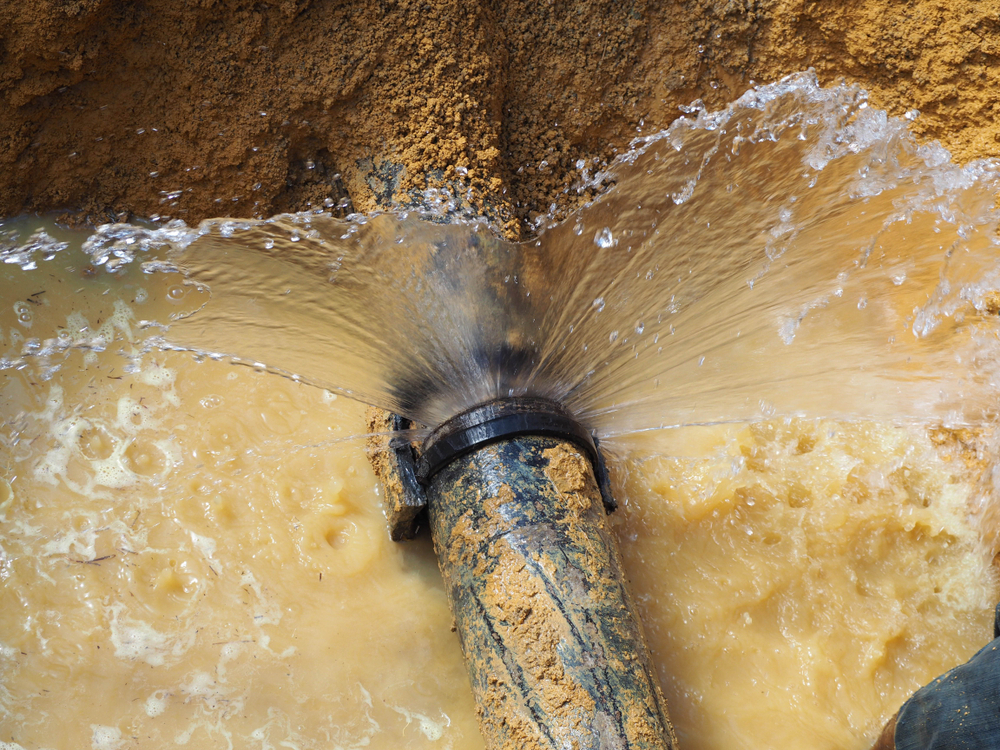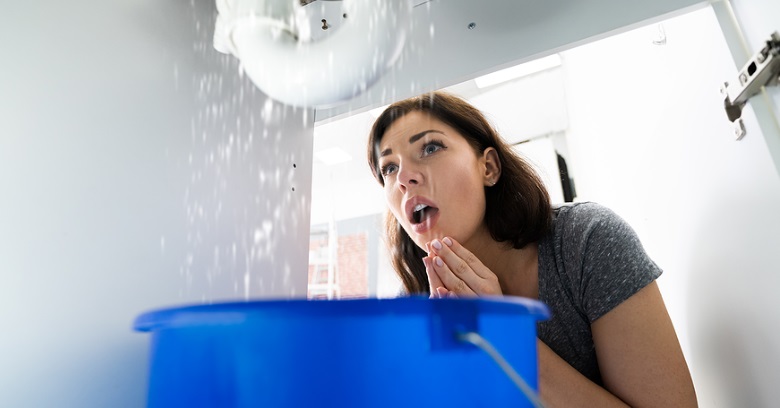Important Advice on Shutting Off Your Main Water Line a
Important Advice on Shutting Off Your Main Water Line a
Blog Article
In this article below you'll find lots of high-quality insight regarding What Do I Do If I Have A Burst Pipe In My Home?.

You must understand exactly how to turn off your primary water line if you experience a ruptured pipeline. Do not await a plumbing emergency before figuring out how to get this done. Besides, aside from emergency leaks, you will certainly require to turn off your main water valve for plumbing fixings or if you leave for a long journey. Discover even more concerning it in this mini overview.
Why Must You Close the Main Line Off?
Familiarizing yourself with exactly how your mainline switches on and off can conserve you throughout an emergency. For example, when a pipe all of a sudden bursts in your house, you'll be besieged with panic. Therefore, you can readily close the shutoff off as well as protect against even more damage if you understand what to do. Additionally, shutting this off guarantees you do not need to manage an unexpected flooding in your home.
In addition to that, closing and opening the shutoffs from time to time guarantees they don't get stuck. It is also the very best time for you to inspect for rust or other busted links. Furthermore, make it a point to inform various other family members on what to do. This makes normal upkeep as well as dealing with emergency situations so much easier. You can possibly save on your own thousands of bucks out of commission.
Where is This Key Valve Located?
The main water line supply can vary, so you might require to locate time to identify where it is. Sadly, when your house is obtaining soaked because of a ruptured pipeline, you don't have the high-end of time throughout an emergency. Hence, you need to prepare for this plumbing predicament by learning where the valve lies.
This shutoff valve might appear like a round valve (with a lever-type handle) or a gateway shutoff (with a circle faucet). Positioning depends on the age of your house and also the climate in your area. Check the complying with common spots:
Must This Constantly Be Shut down?
Besides emergencies, repair work, or long vacations, you may not require to turn off the main valve. As an example, if only one component has issues, you can shut off the branch valve because place. In this manner, you can still use water in other parts of the house. For best outcomes, call a dependable plumber for emergencies.
Pipe Burst? Here's What to Do Next
There's nothing worse than that sinking feeling that sets in when you notice water dripping from your ceiling or — worse — gushing from a broken pipe. Many homeowners find themselves panicking as they start to tally up the water damage repair costs. Fortunately, a bit of forward planning can help you avert a total plumbing disaster.
What Happens When a Pipe Bursts?
There are several reasons that your pipes could burst, though one of the leading culprits is ice. When the temperature outside dips below freezing, the water in your pipes can freeze, too. When water freezes, it expands, putting significant pressure on your pipework.
When your pipes freeze for the first time, they may withstand the added pressure without any adverse effects. However, allowing your pipes to freeze repeatedly will gradually weaken them as they expand and contract, eventually causing them to burst or crack.
Corrosion High water pressure Blockages Invading tree roots How Do You Know If Your Pipes Have Burst?
When you mention broken pipes, most people imagine water gushing dramatically from the wall or ceiling. However, the first signs are often subtler. It's a good idea to look out for the less obvious symptoms of a major leak.
When a water pipe bursts, moisture starts seeping into your floors, ceilings and insulation, causing significant damage. Eventually, mold and mildew start to flourish, creating a potentially hazardous living environment. If you find yourself wading through puddles of water on the floor or can hear water bubbling inside the walls, you won't be left in any doubt as to whether you have a burst pipe.
Unexplained Hike in Water Bills
If your water bill suddenly shoots up for no apparent reason, it could be a sign of a burst water main. As water seeps out of the pipe, it sends your water usage sky high. Any unexpected increase in your water bills warrants further investigation.
Reduced Water Pressure
A broken water main or burst pipe means your system must work harder to maintain a supply to your faucets and other fixtures. Therefore, reduced or uneven water pressure could be a sign that you've got a leak. While there are a few potential causes of dodgy water pressure, it's important to find the reason quickly to prevent water damage.
No Flow
Reduced water pressure is inconvenient enough, but you may suddenly find that you have no water flow at all. One of the most likely reasons for a complete lack of running water is a frozen pipe. You should defrost your pipes as quickly as possible to stop them from bursting.
If you can access the frozen pipe, you could try defrosting it yourself. Turn on the central heating to around 70 degrees and use a gentle heat source like a hairdryer or infrared lamp to warm the pipe up gradually — never use a blowtorch or other open flame. If the pipe is inaccessible or your efforts aren’t fruitful, call a plumber to defrost the pipes for you.
Damp Patches in Your Home or Yard
As water flows out of a burst pipe, you may notice damp or discolored patches on your walls, floors or ceilings. If the leak happens under a tiled floor, it could make the tiles feel wobbly or unstable.
Don't forget to look for exterior signs of a burst pipe. Depending on the location, you may also see puddles, depressions or wobbly pavement in your yard.
https://www.homeserve.com/en-us/blog/home-improvement/frozen-pipe-burst/

I discovered that article about Got a Burst Pipe? Turn Off Your Main Water Valve when browsing the web. Remember to set aside a second to promote this page if you liked it. Thanks for your time spent reading it.
Toilet overflow? Call us! Report this page